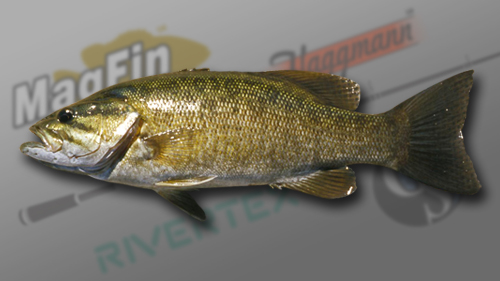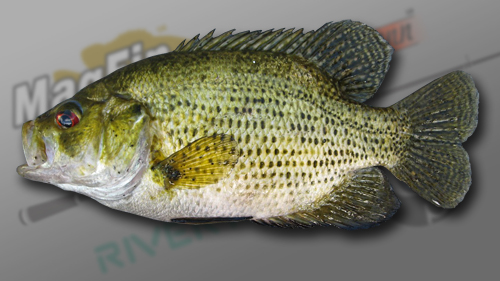A Fishy Sentence
Pictured below are two different types of fish, via the Fishing Planet wiki. The top one is a smallmouth bass; the bottom a rock bass.


They’re not all that similar looking, but you can imagine an amateur fisherman getting the two confused — especially if he had a larger smallmouth or a smaller rock bass hooked. But it shouldn’t really matter, right? One may make for a better meal than the other, sure, but in general, catching either should be a good day at the reel. And it isn’t like mistaking one for the other will land you in jail, right?
Well, it could. That depends on your timing — and on how poor you are.
In 2011, a 19-year-old named Kyle Dewitt was living near Ionia, Michigan, a small city about 40 minutes east of Grand Rapids. He hadn’t worked in a few months and, one day, DeWitt decided to go fishing in a local waterway in search of dinner. The one he ended up at was home to a sizable population of rock bass, and initially, that fishing trip looked like it would be a successful one — Dewitt, caught a fish. Per his estimation, he managed to hook either a rock bass or, per a latter legal filing, a “cross-bred rock bass/smallmouth bass.”
Unfortunately, an official from the Department of Natural Resources saw Dewitt’s fish and disagreed. The official said that Dewitt’s fish was a smallmouth bass. Dewitt protested but the officer apparently didn’t care, and the distinction mattered — because smallmouth weren’t in season, that catch was an illegal one which came with a $115 (or, per other reports, $155) fine. According to a CNN Money report, the Natural Resources official told Dewitt “that he would get information in the mail telling him how to pay the fine.” But as the weeks ticked on by, it looked that bill was never going to come.
Dewitt, perhaps foolishly, decided to investigate. He called to find out what had happened and learned the debt was considered unpaid and a warrant had been issued for his arrest. Further, the fine now included some additional fees, putting it now at $215. He went to turn himself in and was to be jailed for non-payment, but per NPR, a family member forked over $175 to a bail bondsman, keeping Dewitt free for the time being. A few days later, he went in front of a judge, offering to pay $100 of his fine right then and there and the rest a month later — a reasonable request given that he had been unemployed for months, disputed the fine in the first place, never received a notice of it in the mail, and had turned himself in anyway.
The judge, however, disagreed, and refused to accept a partial payment. To make matters much, much worse for Dewitt, Michigan has a “pay or stay” law — a (very unofficial) name for a law which, basically, says that if you can’t pay the fine right then and there, the judge can put you in jail. That’s exactly what happened to Dewitt.
He was sentenced to three days behind bars for failing to pay the fine for catching the wrong type of fish.
Dewitt didn’t serve his entire sentence, thankfully. The day after his sentencing, the American Civil Liberties Union of Michigan filed an emergency petition with the court asking for his release. The petition was successful, pending a hearing of the underlying crime of snagging a smallmouth bass out of season.
Dewitt probably never went back to jail for his failure to pay, or, if he has, it’s gone unreported. But that wasn’t the end of his saga. As NPR further reported, “about a year after he got out of jail, a letter arrived in the mail. It was a bill for room and board for each day he was in jail.” The new bill came to $85 — and NPR hasn’t yet followed to on whether he paid that bill.
Bonus fact: You may have heard the term “fish stocking.” It happens when an outside group — often a local fish and wildlife agency — breeds fish in a hatchery and then transports them to a lake or other body of water, in the words of Wikipedia, “to supplement existing populations, or to create a population where none exists.” But how do you get the fish into the lakes? If you’re the Utah Division of Wildlife Resources and the lake is hard to get to by car, you may end up dropping them out of a plane. Here’s a video.
From the Archives: It’s Fishy: It’s about fish fraud, and why the fish you think you’re eating may not be what you’re eating at all.
Take the Quiz: Pick the fish by its non-fish definition.
Related: Hands down, the best book about fish — ever. (4.7 stars on 691 reviews, in case you doubt it.)
